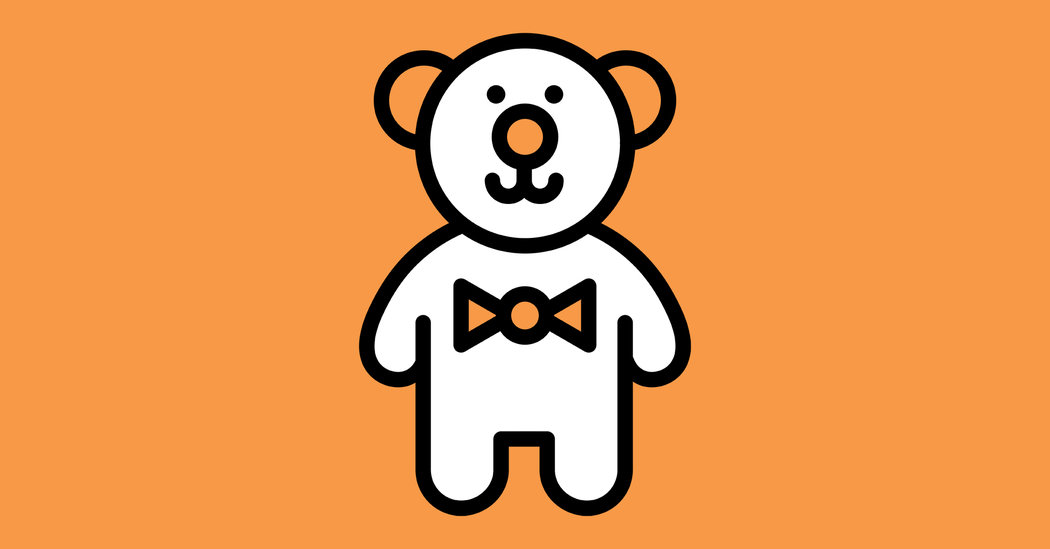Babies love lullabies, and a new study suggests they don’t much care what culture the songs come from, what language they are sung in, or even who sings them.
The study, led by Constance M. Bainbridge, a doctoral student at the University of California, Los Angeles, and Mila Bertolo, a researcher at Harvard, enrolled 144 infants aged 2 months to 14 months. The scientists fitted the babies with heart rate and skin monitors, and tracked their eye movements while they listened to lullabies and non-lullabies they had never heard before. The songs were in unfamiliar languages from 16 foreign cultures, half sung by men, half by women, all a cappella. You can hear the songs the babies heard at themusiclab.org/lullabies.
Whether the infants heard an Iroquois lullaby sung by a woman in Cherokee, one in Hopi sung by a man, or a tune used to soothe babies among the Ona people of Patagonia, their responses were the same: their heart rates went down, their pupils became smaller, their skin electrical activity decreased. In short, when they heard lullabies, in whatever language and from whatever culture, they relaxed. With the non-lullabies, this did not happen. The study is in Nature Human Behaviour.
Parents, too, were good at distinguishing lullabies from non-lullabies, and predicting which tunes would calm their babies.
This response may be innate, and not learned. “Since we found that relaxation response across all ages,” Ms. Bainbridge said, “that’s evidence for some evolutionary adaptive role of music.”
[ad_2]
Source link


